Macalester’s political science department hosted the 38th annual Theodore Mitau Lecture in the John B. Davis Lecture Hall last Tuesday night, featuring prominent academic Cathy J. Cohen. Cohen is the David and Mary Winton Green professor at the University of Chicago and has received acclaim for her work studying gender and race politics.
Cohen also founded and oversees the GenForward Survey, a nationally representative, bi-monthly survey that polls 1750 young people ages 18 to 34. The survey examines how race and ethnicity shape respondents’ worldviews. The project is central to her work as a political scientist who values the intersection of activism and academia.
Political science professor Julie Dolan has chaired the Mitau Lecture series committee for three years. As a political scientist studying gender in politics herself, Dolan recognizes Cohen as a thinker at the forefront of the field.
“I think what’s really interesting about her is that she was making all sorts of arguments some 20 years ago that were falling on deaf ears,” Dolan said. “But, in the last 10 years, people have started to hear her arguments more clearly.”
Cohen writes extensively about the impact of the Obama presidency on millennial politics both from a gendered and a racial perspective. Recently, she has directed her efforts toward examining the election of President Donald Trump through the same lense.
“I promised myself I’d stop writing about President Obama given, truthfully, he is no longer president. Surely, President Trump’s performance in the White House should hold my attention,” Cohen said. “But, I believe it’s hard to understand the racial attitudes of millennials without some explanation or discussion of the ways in which President Obama shifted the racial landscape just as many of these young people were coming of age.”
Her lecture, titled “Race, Rage and Vulnerability: The Politics of Millennials in the Era of Trump,” explored the notion of white vulnerability fueled by racial resentment and the racial attitudes of black millennials.
“Millennials aren’t some small, niche group. They are now the largest generation. They comprise the largest share of the workforce, and comprise the largest share of the voting age population,” Cohen said. “And maybe most importantly for this talk, they are the most racially and ethnically diverse generation we have experienced.”
Despite the diversity of the millennial generation, Cohen declared that it was too early to “turn the generational page.” Instead, she reminded the audience that 48 percent of white millennials voted for President Trump.
“While much ink has been spilled on interrogating and explaining Trump’s appeal to whites across gender, across income and education, much less attention has been focused on explaining the millennial vote in 2016,” Cohen said.
To explain the white millennial vote in 2016, Cohen pointed to two things: white-lash and white vulnerability.
According to Cohen, white-lash is the negative response of some of the white electorate toward racial progress or perceived advancement of African Americans in the United States at their expense.
“For many white Americans, the election of Barack Obama in 2008 signaled to whites the possibility of a post-racial America,” Cohen said. “Lurking in the background was also the threat that voting for Obama would hasten the dreaded shift in power, robbing them of the last domain of supremacy they can rightfully claim, that of political power at the highest level.”
White vulnerability is similar, Cohen explained.
“White vulnerability racism [is] the belief among whites, including millennials, that through no fault of their own, their group is losing ground, and are increasingly the targets themselves, of discrimination,” Cohen said. “This is a vulnerability built on perceived loss, bolstered by anti-black racism.”
Cohen then pivoted to the attitudinal conflict between white millennials and millennials of color, pointing to polling studies on the symbolic meaning of the Confederate flag, perceptions of the police, support for the Black Lives Matter (BLM) movement and the killing of black people by the police.
According to a GenForward survey, 85 percent of African Americans supported BLM movement, which campaigns against violence and systemic racism, compared to 51 percent of whites.
“Through their cell phones, laptops and tablets, young black Americans are reminded daily of their tenuous place in our democracy,” Cohen said. “As videos of the killing and harassment of black people, often black millennials, appear on their favorite digital platform.”
Cohen then went on to distinguish between the disparate types of vulnerability white and black millennials experience.
“White millennials are reacting to the vulnerability of loss, while African American millennials are fighting a loss of vulnerability,” Cohen said.
Cohen culminated her talk with a message of unity that echoed the message of G. Theodore Mitau, the professor for which the lecture series is named.
“I believe that, as scholars and educators, as students and staff, we are in a gifted position to build spaces where thoughtful and difficult discussions of race, rage and vulnerability can happen,” she said.
Mitau left Germany for the United States in the mid-1930s. After graduating from the Macalester, he received his doctorate in political science from the University of Minnesota. Back at Macalester as a professor, Mitau was known as passionate and energetic.
“I think that what [Cohen] spoke about, and the ways in which she behaves in the field as both an activist and as an academic is very much in spirit with who Mitau was,” Dolan said. “He was an outward facing academic who was concerned that students should do more than sit in the classroom and read books.”
For Alexandra Jabbarpour ’22, the Mitau lecture was an opportunity to build on classroom learning. Students in her Urban Politics class were encouraged to attend the lecture. “It was interesting to see the parallels between [what she] wrote and then spoke about as well,” Jabbarpour said. “I’m glad I sat in the lecture, whether or not I would’ve been in [Urban Politics]. It was great to hear such an inspiring speaker.”


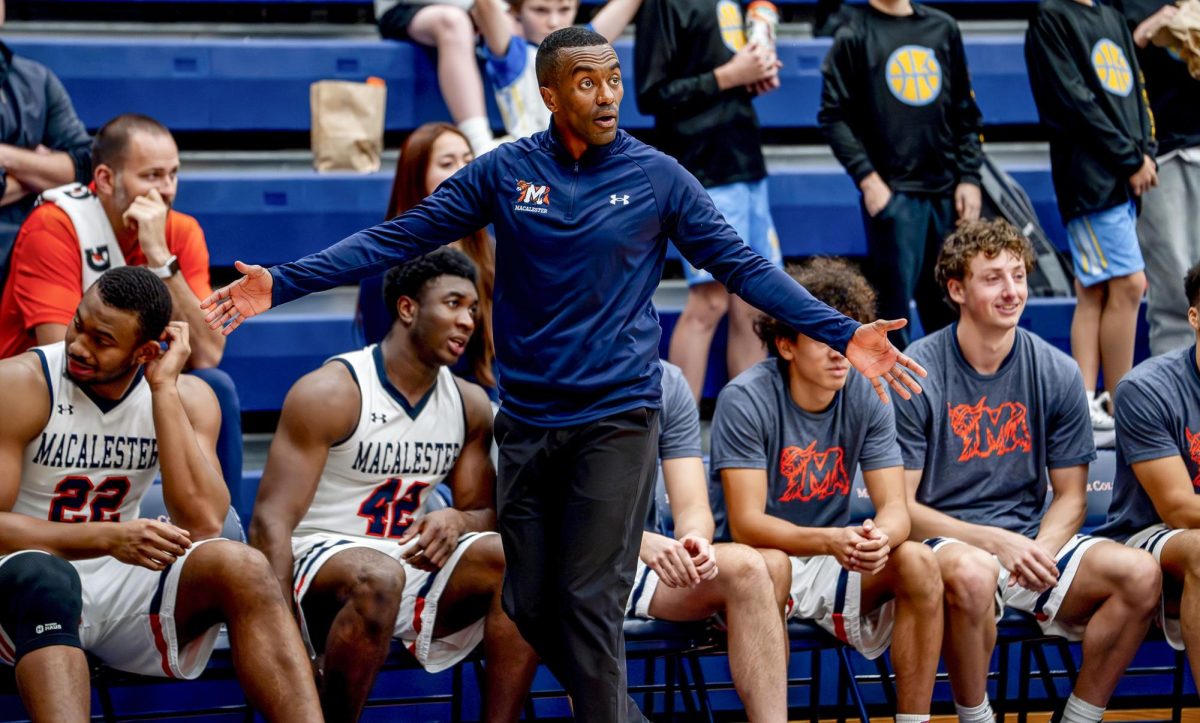

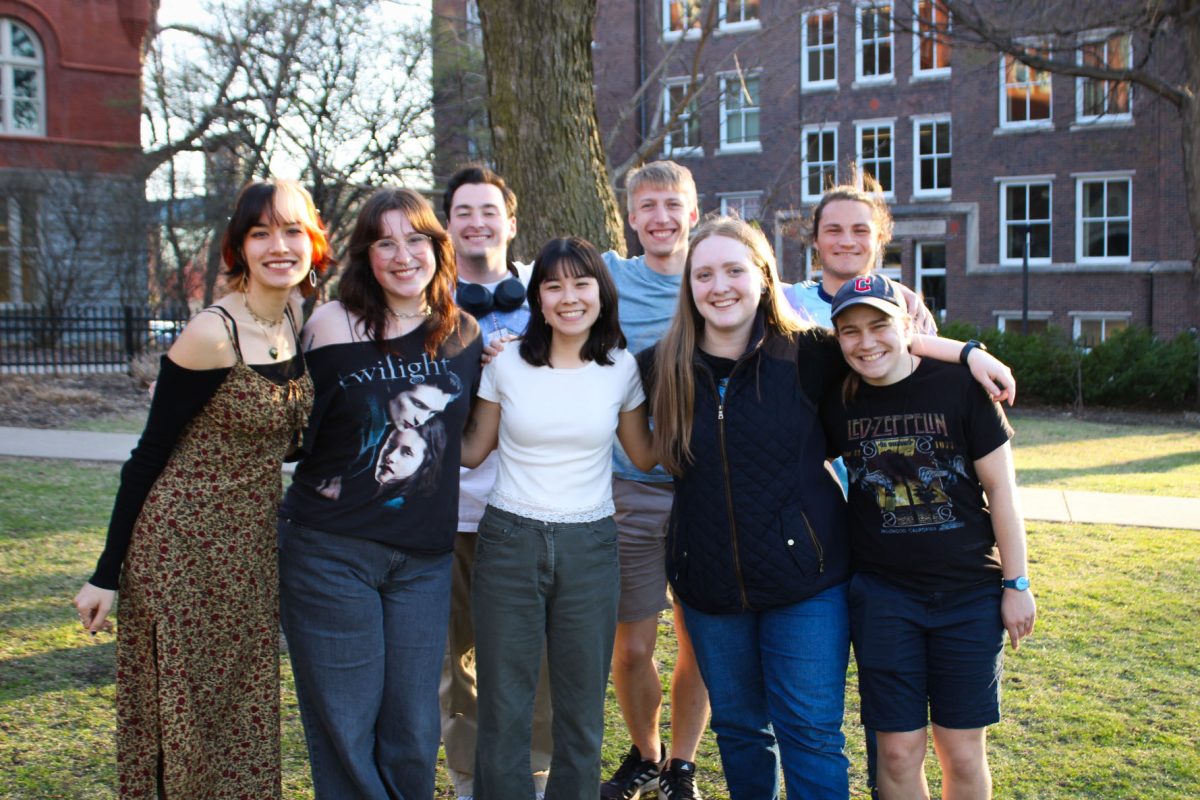
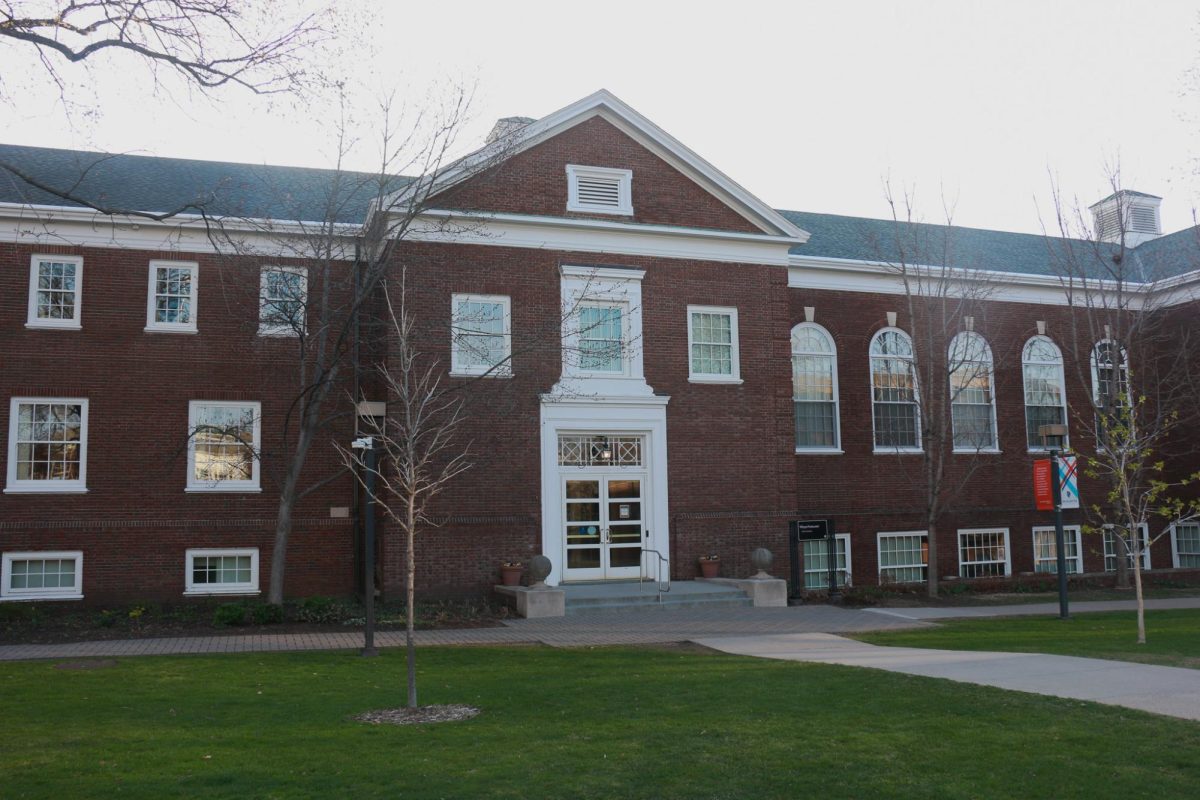




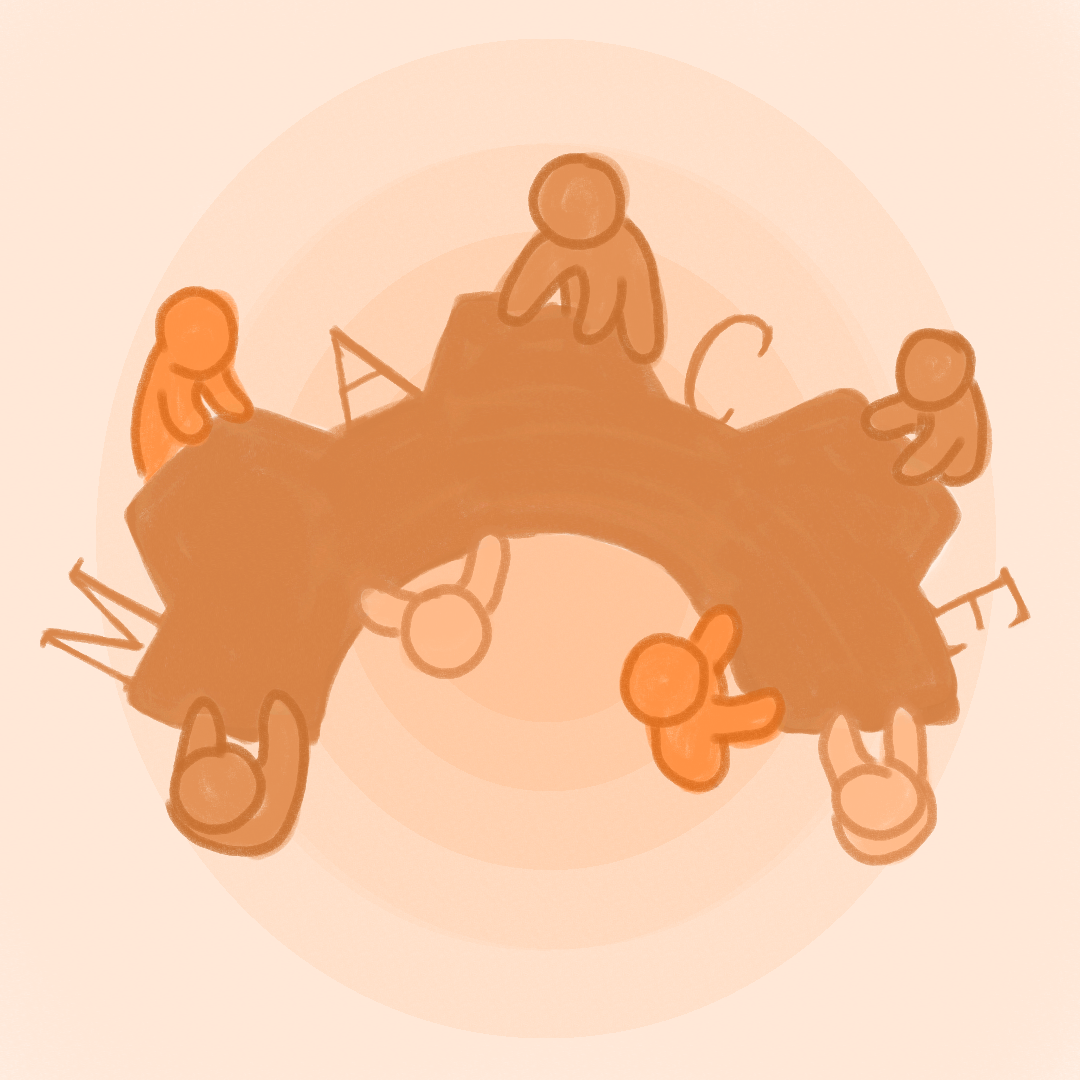
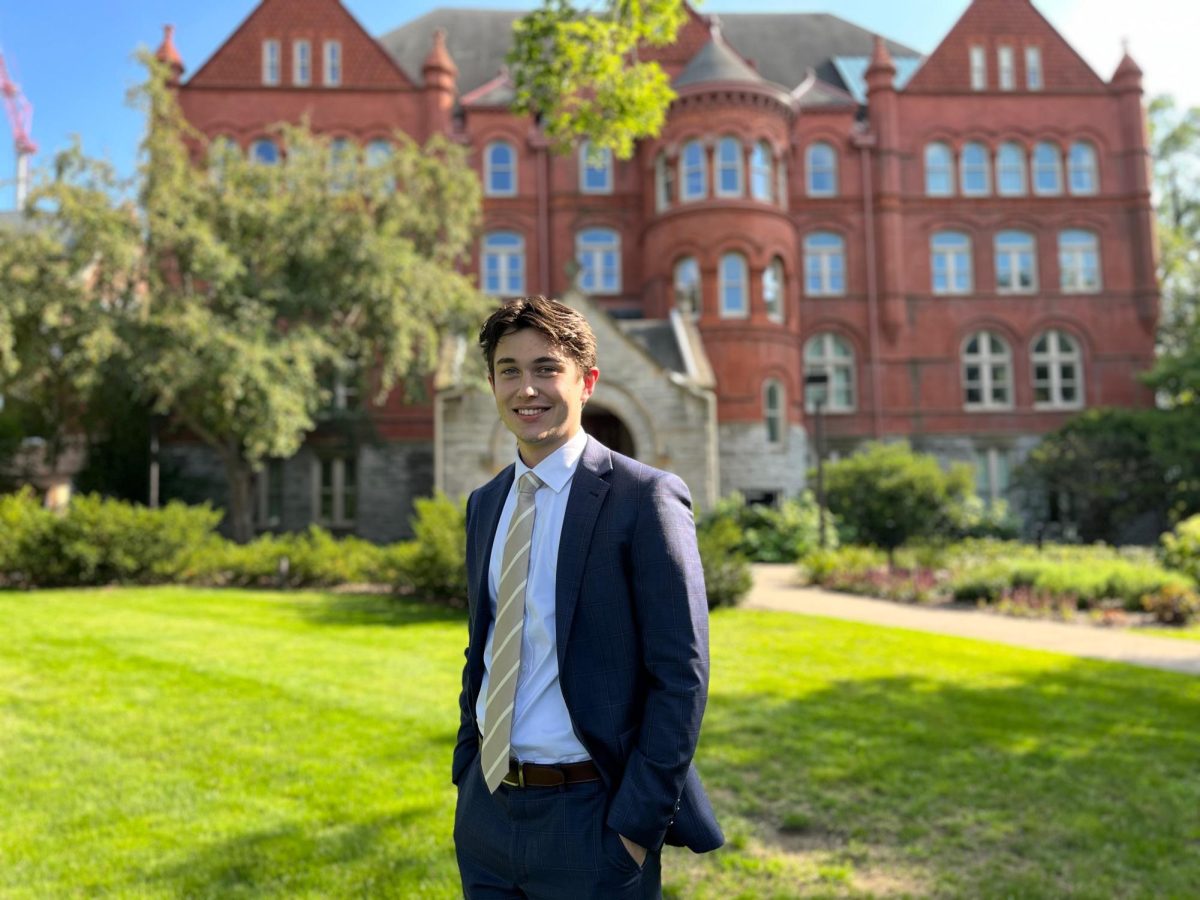
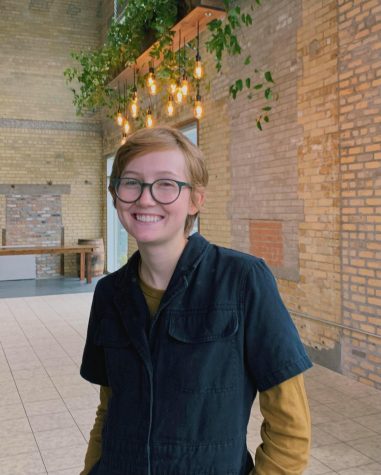
Pippa Turner • Sep 11, 2019 at 1:22 pm
Hey. Neat post. There’s an issue with your web site in firefox, and you might want to check this… The browser is the marketplace leader and a good element of other folks will leave out your magnificent writing because of this problem.
Stewart Henderson • Sep 10, 2019 at 7:46 am
What a data of un-ambiguity and preserveness of valuable know-how about unpredicted feelings.
Sally Vaughan • Sep 9, 2019 at 10:56 am
I got so bored today afternoon, but as soon as I watched this YouTube humorous clip at this website I turn into fresh and happy as well.
Deandra Casolary • Jul 22, 2019 at 3:34 pm
Mass parsite http://bit.ly/2W9CVkn